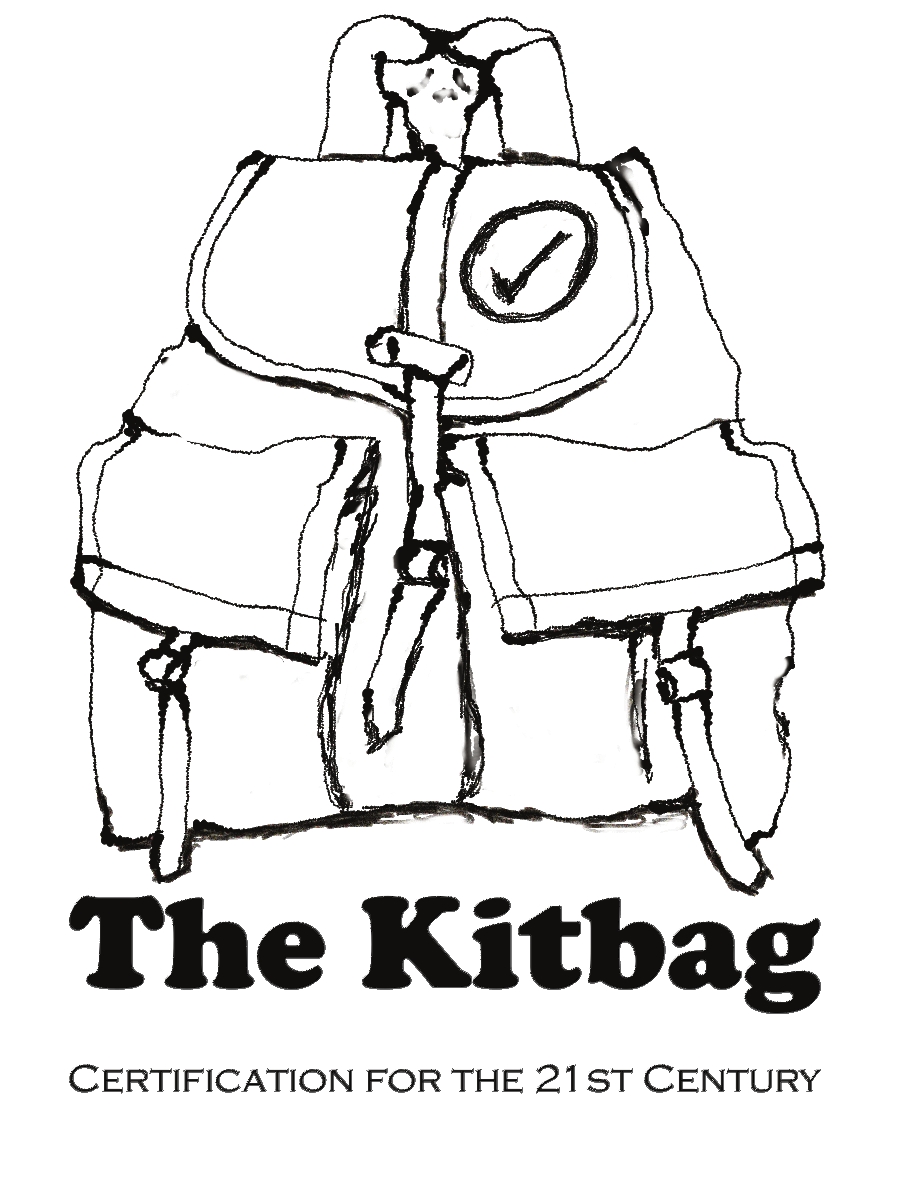The WTO (World Trade Organisation www.wto.org) is an intergovernmental organization that started in 1995 and replaced the badly named GATT (General Agreement on Tariffs and Trade that itself started in 1948). So much for history.
It's the job of the WTO that should be of interest to standards organizations. Its role is to be the guardian of the global agreements that all member countries have reached which sets the rules for what the countries themselves can do to regulate international trade.
For standards organizations, there is one major agreement that relates to your work. That is Annex 3 to the WTO "Technical Barriers to Trade Agreement" (TBT Agreement). Annex 3 is the "Code of Good Practice for the Preparation, Adoption and Application of Standards".
All well and good you say, but why should an obscure annex to an incomprehensible trade agreement be of concern to my little sustainability standard?
The first reason is the biggest. Trade agreements are between governments and when a trade dispute arises anyone caught in the middle can get crushed - and since your standard may get caught you want to do everything to avoid it. Even though it is rare that independent standards get caught up in WTO disputes the consequences can be devastating for your standard. Just have a look at the case of Dolphin Friendly Tuna (http://www.wto.org/english/tratop_e/envir_e/edis04_e.htm). In this case the US government linked imports of tuna to Dolphin Friendly Tuna certification and the Mexican government objected. In the end the US lost and the end result was pretty hard on the Dolphin Friendly Tuna scheme.
As a result of this case it became pretty clear that any standard should be developed in compliance with Annex 3 of the TBT Agreement.
It is only a few pages long, so download it, read it and make sure that everyone in your organization that has a decision making role related to your standard is trained in its requirements.
It is fairly easy to conform to the Code of Good Practice and every standard should do so. The bottom line is that it is in your best interest to know about this Code and make sure that everything you do conforms to it.
Of all the international benchmarks that you want to consider as important to your standard, this is the most important.
